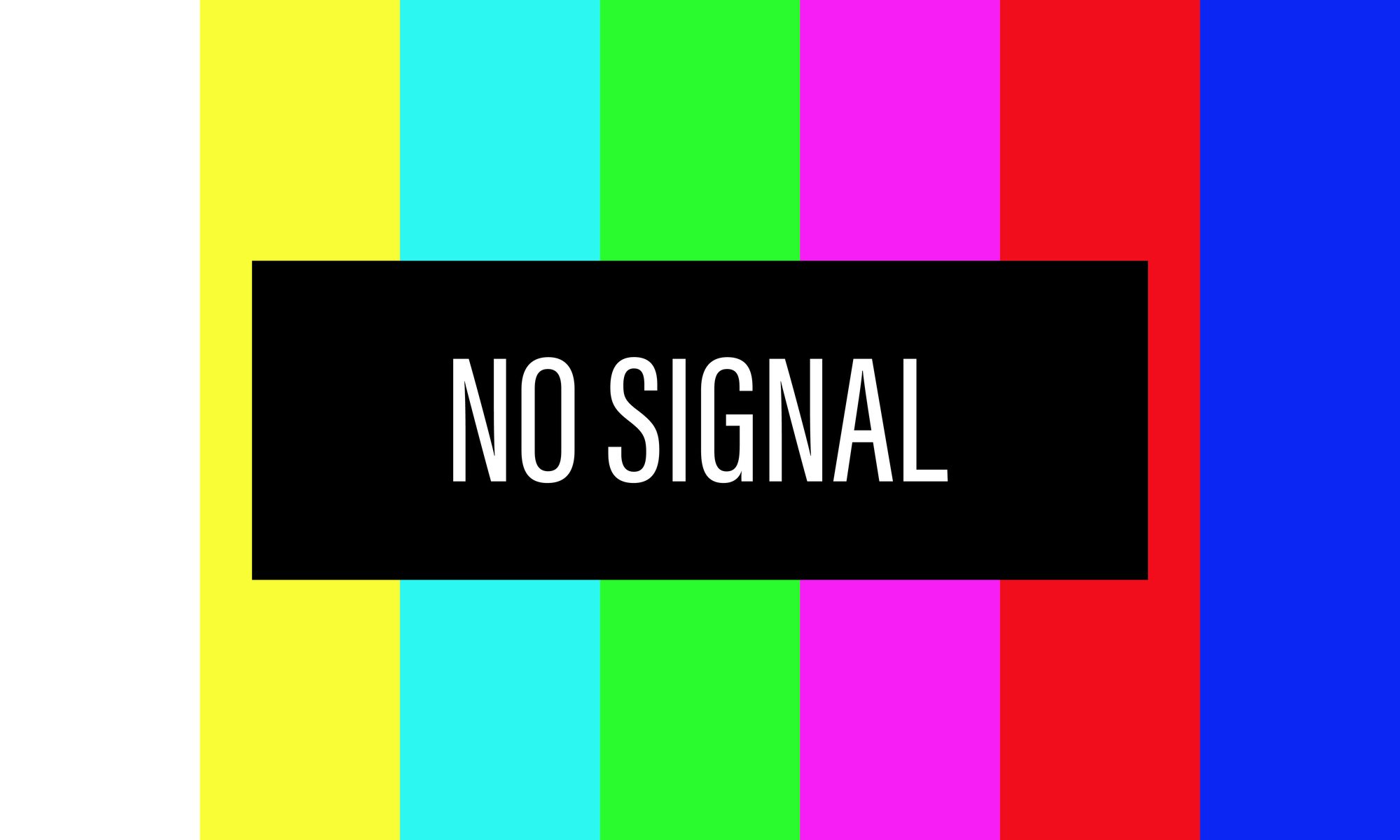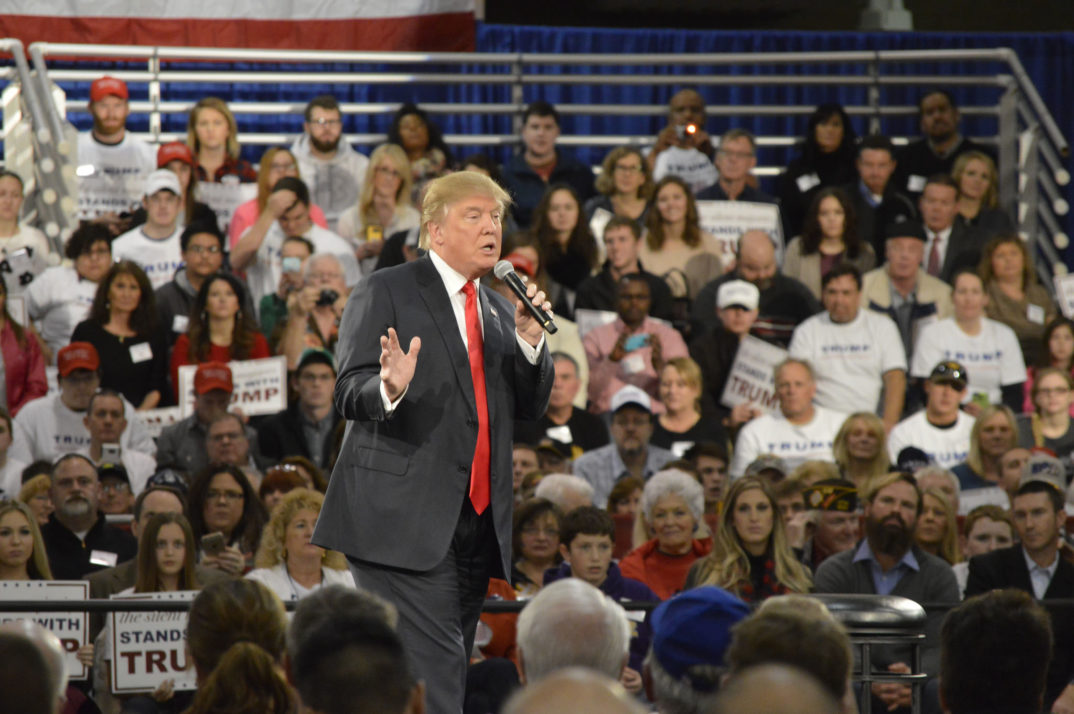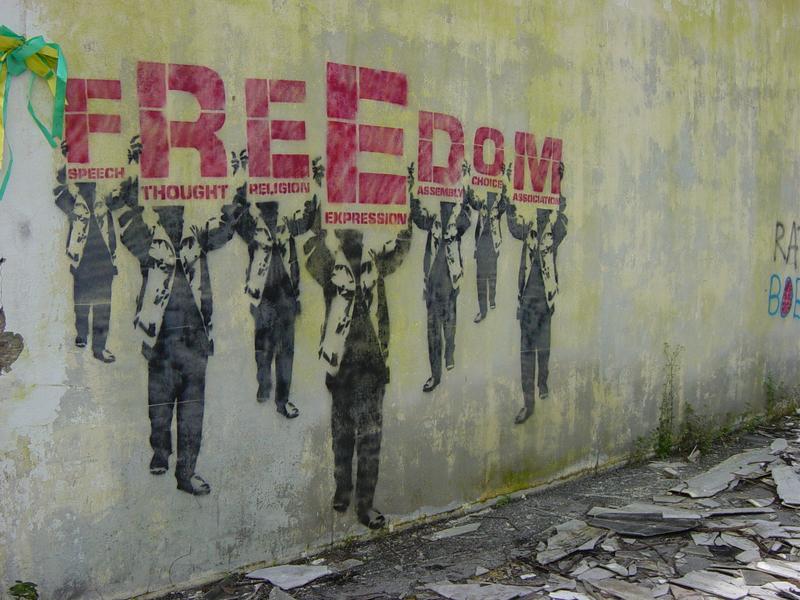The release of the film Society of the Snow – based on the 1972 crash of Uruguayan Air Force Flight 571 into the Andes mountains – reminds us that sometimes the fantastic lifeboat-type ethical scenarios that philosophers like to discuss are never mere thought experiments. Left with no additional food, the survivors resorted to cannibalism to survive, eating the bodies of dead passengers. Cannibalism is almost universally condemned around the world. As anthropologist Beth A. Conklin explains, “Cannibalism is a difficult topic for an anthropologist to write about, for it pushes the limits of cultural relativism, challenging one to define what is or is not beyond the pale of acceptable human behavior.” Philosophers like to discuss such cases because different moral theories can give different answers, so let’s consider the coherency of the utilitarian response to this case.
On October 13, 1972 the flight left Uruguay for Chile with 45 passengers and crew on board. The plane crashed into the Andes mountains, killing twelve immediately with several more deaths afterwards. The survivors were exposed to frigid temperatures, avalanches, and starvation. Once what little food they had was eaten, the survivors resorted to survival by eating the bodies of passengers and crew who had passed away. Eventually, two of the survivors Nando Parrado and Roberto Canessa hiked for ten days into Chile to find help and the remaining sixteen survivors were rescued. Despite the fact that they were all extremely reluctant to eat their fellow passengers (some especially so), they became convinced that it was the only way to survive. However, they initially were not forthcoming with the details of how they survived until word got to the press about what had happened.
The question to consider is whether the passengers did anything wrong by surviving in this way. Many passengers were Catholic and were worried for their souls. Kantian deontology would likely condemn any such a practice as a violation of the humanity principle – treating another as a means to an end. Utilitarianism, on the other hand, seems far more eager to consider the finer points of such cases without issuing a blanket ban. According to Mill’s utility principle, “actions are right in proportion as they tend to increase happiness, wrong as they tend to produce the reverse of happiness.” On which end of the spectrum do the survivors’ actions fall?
It might seem like a straightforward answer. The survivors felt pain to have to resort to cannibalism, but probably nothing like the pain of starvation. Also, by eating the bodies of dead people, the survivors were able to live and survive, thus, presumably, creating greater happiness than the alternative being that they would all perish. Another important point was that no one needed to sacrifice their life for the others; the people who were eaten were dead and thus could feel no pain or pleasure. Thus, by sustaining their own lives the survivors satisfied the greatest happiness principle and were morally justified in their actions. Perhaps as a comfort (probably more a worry) we might think that even if there were a lack of bodies and some of the survivors needed to sacrifice their own life for the lives of others, that this too would be permitted since it would have created the most pleasure at the least cost of pain.
However, this is a bit too narrow of a way to consider this case, for we are asked to consider what will generate the greatest happiness for the greatest number of people. What about the families of those who were eaten and everyone else on the planet who might have been revolted at what took place? If we consider their utility and the potential pain they might experience from hearing their loved ones were eaten, would that be enough to tip the scales? We would also need to consider the families of the survivors and the pleasure they would experience; also, the public at large who was initially horrified. If the public’s reaction to an incident like this was broadly negative, does this mean that the survivors would have to sacrifice their lives by starving for the greater good of the public back home?
According to Mill, “the thoughts of the virtuous man need not on these occasions travel beyond the particular persons concerned,” for,
The occasions on which any person (except one in a thousand) has it in his power to do on an extended scale, or in other words, to be a public benefactor, are all but exceptional…. in every other case, private utility, the interest or happiness of some few persons, is all he has to attend to.
In other words, Mill tells us that we do not need to consider broader public utility beyond the local people involved in a situation unless there is concern that there is a violation of rights.
Does the public have a right to be free of cannibals? Did the survivors violate the rights of the family in eating their loved ones? Typically, something like this would be a violation of the law, but is this equivalent to a violation of a right? No one was prosecuted for violating the law. Perhaps the right is a more informal expectation that, as a general rule, condoning cannibalism works against the collective good – just as lying simply for expediency’s sake cannot be justified since it works to undermine overall human trust.
But is there really no reasonable room to say that an exception should be made in such an unusual case? Certainly Mill is willing to make exceptions to the general prohibition against lying in cases where withholding the fact would save an individual great evil and there are no other means. Likewise the survivors were saved from a great evil and only by engaging in a practice both they and most others morally reject. But does this mean that such an exception is justified in the manner that Mill suggests? The question now becomes whether a greater utility is preserved by carving out an exception to the practice of cannibalism in this particular case or whether such an exception runs afoul of other significant utilities we wish to preserve. This is a complicated value judgment, not far perhaps from where we began. Mill remains adamant that,
if the principle of utility is good for anything, it must be good for weighing these conflicting utilities against one another, and marking out the region within which one or the other preponderates.
But that remains a contentious process. Is our inability to land on a definitive judgment a failure of the moral theory or a testament to the thorniness of this particular case? Moral theories can be helpful in framing the issue and thinking critically about what we value, but they may not be as action guiding as they sometimes appear to be on the surface. Especially when it comes to hypotheticals come to life.















